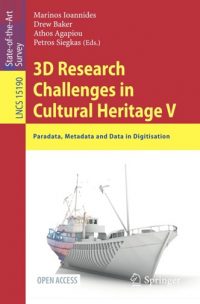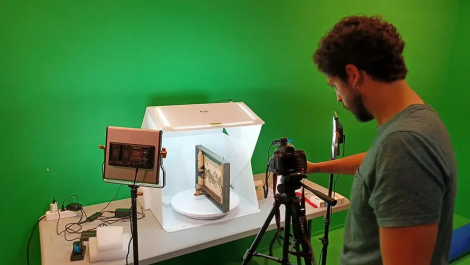-
Join the
Digital Meets Culture
Newsletter! -
Join the
Digital Meets Culture
Open Newsroom! If you have interesting news and events to point out in the field of digital cultural heritage, we are waiting for your contribution.
If you have interesting news and events to point out in the field of digital cultural heritage, we are waiting for your contribution.
-
Free text
-
-
Upcoming events
-
 Vila-seca, Catalonia, Spain. June 17-20, 2025
Vila-seca, Catalonia, Spain. June 17-20, 2025The ATLAS Annual Conference 2025 is taking place from 17 to 20 June 2025 in Vila-seca, Catalonia, organised by the ATLAS Association for Tourism and Leisure Education and Research. The theme of the event of this year is Tourist destinations … Continue reading →
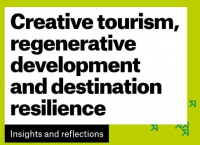 Launch of new book: Creative Tourism, Regenerative Development, and Destination Resilience
Launch of new book: Creative Tourism, Regenerative Development, and Destination ResilienceThe CREATOUR Observatory delivered the new interesting book Creative Tourism, Regenerative Development, and Destination Resilience. The book draws upon the international conference, “Creative Tourism, Regenerative Development, and Destination Resilience”, which was held 8 to 10 November 2022 in the Azores, … Continue reading →
Topic: art & new media technologies
The Open and Hybrid Publishing pilot of Europeana Space have the pleasure to announce the publication of a book that arises from our work. Photomediations: A Reader (Open Humanities Press, 2016), edited by Kamila Kuc and Joanna Zylinska. We’re holding a symposium … Continue reading

The event will present CRe-AM’s roadmapping work and results. The day will be divided into two parts to present the main outcomes of the CRe-AM project and to allow networking among participants. The morning plenary session will present roadmaps for each creative … Continue reading
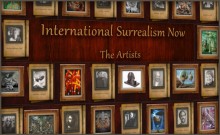
The next editions of International Surrealism Now will be held in United States, Mississippi at Cullis Wade Depot Art Gallery, MSU Welcome Center; it will be in January and February and in Partícula Coimbra, next February, and Multimedia Poros Museum … Continue reading
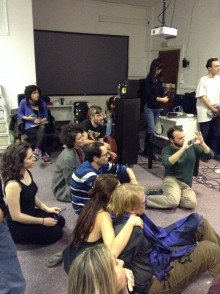
by Hetty Blades, Coventry University The EuropeanaSpace Dance Hackathon took place in Prague on the 21st and 22nd November. Organised by CIANT, in collaboration with Coventry University and the Dance Pilot team, the event brought together dancers, choreographers, hackers, coders, … Continue reading
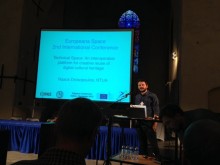
Represented by the gracious cornflower, the national symbol of Estonia, the II Europeana Space International Conference took place in Tallinn on 10-11 December 2015. This event, organized by the Estonian Ministry of Culture, intended to generate new perspectives for the wider … Continue reading
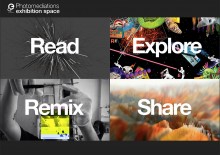
The editors of Photomediations: An Open Book are working with the Europeana Space Best Practice Network to curate an exhibition (both online and physical), and recently were calling out to the photographic community to submit works for consideration. We were … Continue reading
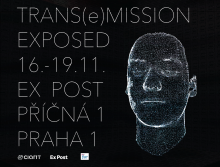
Towards better human via digital…? – Installations, artist-talk and discussion regarding technologically enhanced life/mind forms in Ex Post Cultural Space in Prague. Statement 1. The biggest danger for artificial intelligence is the chance, that it will most likely be created … Continue reading
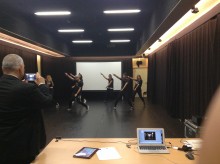
by Hetty Blades (Coventry University), Alex Stan and George Ioannidis (IN2) The second round of user testing and evaluation of the two Dance Pilot applications, DancePro and DanceSpaces, took place on 27th and 28th September. The event was held at the … Continue reading
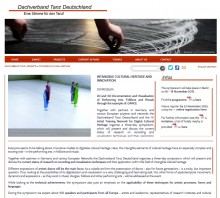
Europeana Space and the Dance pilot in particular was presented by the coordinator Sarah Whatley at this three-day symposium, which discussed the current status of research on recording and visualisation techniques and their application within the field of intangible cultural heritage, … Continue reading
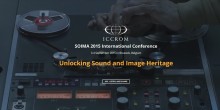
Unlocking Sound and Image Heritage was the theme of SOIMA 2015 conference held on 3rd-4th of September in Brussels, Belgium at the Royal Flemish Academy of Belgium for Science and Arts, organized by ICCROM (International Centre for the Study of the Preservation and … Continue reading



























